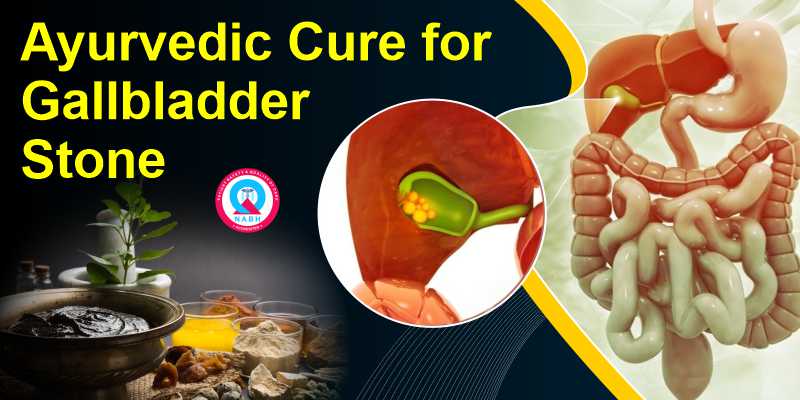
Gallstones, referred to as Pittashmari in Ayurveda, are deposits found within the gallbladder that form into crystallized masses to produce discomfort and various health ailments. While generally cesarean, Ayurvedic methods present a natural holistic solution for managing and treating gallstones. Gallstones treatment in Ayurveda involves the use of herbal medicines and therapies to dissolve these stones, prevent their recurrence, and improve overall digestive health.
As per Ayurveda, gallstones result from disturbed equilibrium among Vata, Pitta, and Kapha. When aggravated, Pitta dosha results in the accumulation of ama (toxins) and bile, which crystallizes into gallstones eventually. Poor diet, stress, and sedentary habits just add to the ill condition.
Ayurvedic treatment for gallstones involves several aspects to be considered so as to aid in the holistic development of an individual.
Diet plays a pivotal role in Ayurvedic cure for gallbladder stone. The patients are advised to consume foods that pacify Pitta dosha, which may include cooling fruits, some vegetables, and whole grains. Spicy, oily, and processed foods are to be avoided. Detoxification is aided considerably by herbal teas and warm water.
Some of the potent herbs used in Ayurvedic medicine for gallstones include:
Punarnava (Boerhavia diffusa): Being a diuretic, it detoxifies the liver and gallbladder.
Kakamachi (Solanum nigrum): This herb is quite effective in breaking the gallstones.
Kutki (Picrorhiza kurroa): A liver tonic that helps with balancing the production of bile.
Kalmegh (Andrographis paniculata): It reduces inflammation by detoxifying the liver.
Panchakarma therapies form the crux of Ayurvedic treatment for gallstones. This detoxification process includes therapies such as:
Virechana (purging therapy): To detoxify the liver and gallbladder. This therapy has been used widely in the branch of Ayurveda and has shown remarkable results since ages.
Basti (medicated enema): To establish balance within Vata and Pitta doshas.
Ayurvedic formulations such as Chandraprabha Vati, Arogyavardhini Vati, and Avipattikar Churna form the base for gallstone management. Herbal ingredients in these formulations mitigate inflammation in the gallbladder system, allowing much easier gallstone passing.
Being itself a birthplace of Ayurveda, India has some of the best Ayurvedic practitioners and hospitals. Ayurvedic hospitals in India, including Karma Ayurveda, offer individuality-based dosha constitution treatments. Modern diagnostic techniques have been implemented in these institutions along with ancient practices for delivering maximum efficacy.
The other benefits of Ayurvedic medicine for gallstones are
Non-Invasive: Unlike surgery, Ayurvedic treatment for gallstones is non-invasive and works on natural healing.
Holistic Development: It treats gallstones while promoting overall digestive and liver health.
Cost Effective: Treatments in Ayurveda are economical as compared to expensive surgical procedures.
Gallstones can be managed and healed in Ayurveda. Ayurveda proposes a beautiful alternative to orthodox management by addressing underlying causes and providing comprehensive care. To realize true nature healing, one has to select the best Ayurvedic treatment in India at one of the reputable Ayurvedic hospitals. In doing so, through Ayurveda, you could achieve not only freedom from gallstones but also feel better in every other respect.
Second Floor, 77, Block C, Tarun Enclave, Pitampura, New Delhi, Delhi, 110034